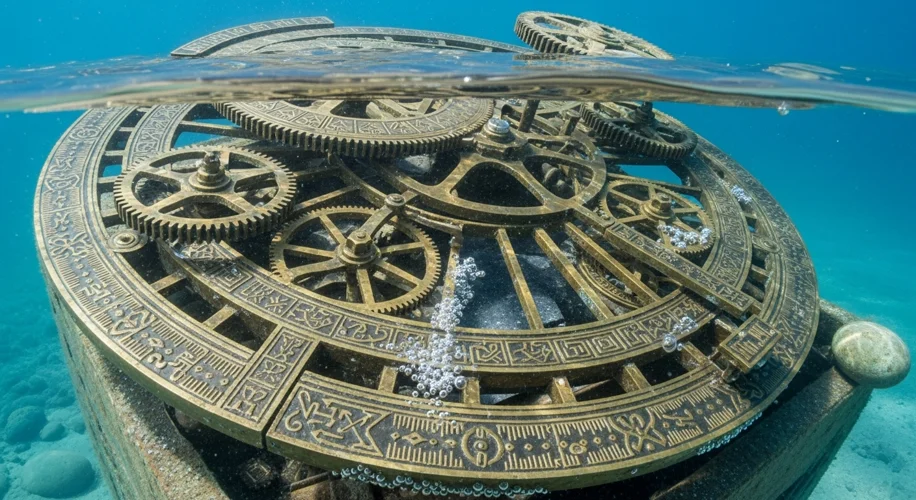Hello everyone, Eleanor here. As a retired archivist, I’ve spent my life sifting through the remnants of history, particularly the fascinating evolution of technology. Today, I want to talk about something ancient yet surprisingly relevant to our hyper-connected, automated world: the Antikythera mechanism.
Discovered in a shipwreck off the coast of Greece in 1901, this intricate device dates back to the 2nd century BCE. Imagine a device so complex that its true nature wasn’t understood for over a century. It’s essentially an ancient analog computer, a breathtakingly sophisticated astronomical calculator. Using a system of nearly 30 bronze gears, it could predict celestial phenomena, eclipses, and even track the cycles of the Olympic Games. Truly remarkable for its time!
But here’s where the story takes a cautionary turn, one that echoes in our modern tech landscape. The Antikythera mechanism, while a marvel of engineering, represented a pinnacle of complexity. Those who built and perhaps used it were masters of its intricate workings. However, as time passed, the knowledge of how to maintain, repair, and replicate such a complex device likely dwindled.
Think about it: if you lose the manual, and more importantly, the deep understanding of every single gear, spring, and lever, what happens? The device, no matter how brilliant, eventually ceases to function. It wasn’t a lack of initial ingenuity, but a failure in the continuity of knowledge and maintenance that led to its functional demise, eventually rendering it lost to time until its rediscovery.
This brings me to our own era. We are surrounded by incredibly complex automated systems. From the algorithms that curate our news feeds to the smart devices in our homes, we rely on technology that often operates as a ‘black box.’ We input data, and we get an output, but do we truly understand the intricate gears turning beneath the surface?
There’s a growing tendency to build highly specialized, monolithic systems. When these systems fail, or when they need updates or repairs, we can find ourselves in a similar predicament as the ancient custodians of the Antikythera mechanism. If the underlying principles are no longer widely understood, or if the specialized knowledge required for maintenance becomes scarce, the system’s longevity is at risk.
This isn’t to say that innovation should stop. Far from it! But it’s a gentle reminder from history that complexity for complexity’s sake can be a vulnerability. True mastery lies not just in creating something intricate, but in ensuring that the knowledge to sustain it is passed down and accessible. We need to champion not only brilliant invention but also robust understanding and accessible maintenance.
So, the next time you interact with a complex piece of technology, perhaps spare a thought for those ancient Greek engineers. Their incredible mechanism, lost and then found, offers a timeless lesson: let’s build smart, but let’s also ensure we understand, maintain, and can continue to operate the marvelous machines we create.

